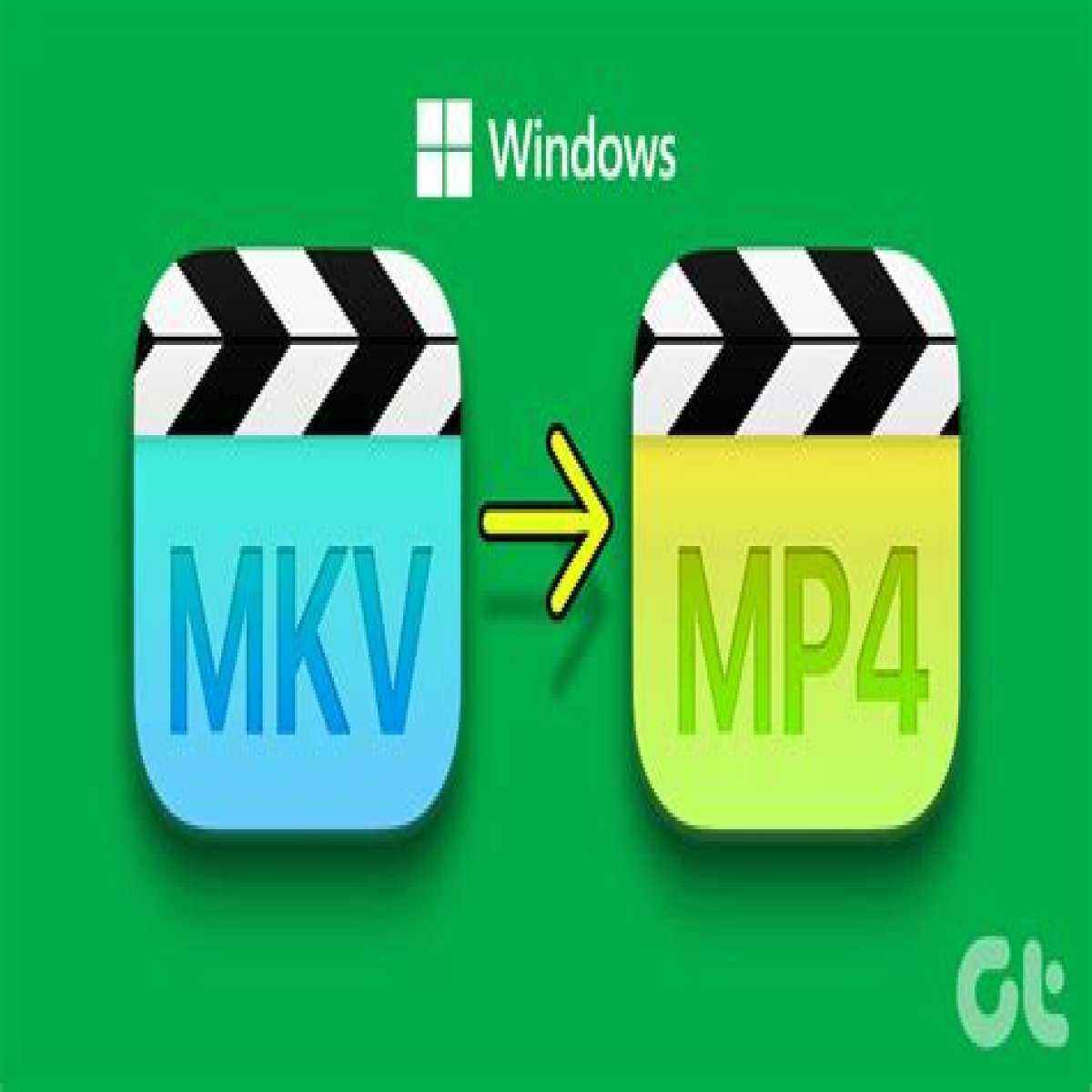The world mkv has emerged as a significant player in the realm of video formats, captivating audiences with its unique features and capabilities. As digital media consumption continues to evolve, understanding the intricacies of MKV can enhance the viewing experience. Whether you’re streaming movies, looking to archive your favorite shows, or simply exploring the best ways to manage your video files, the MKV format has something to offer everyone.
But what exactly is MKV, and why is it so popular? The MKV (Matroska Video) format is an open-source multimedia container that can hold an unlimited number of video, audio, subtitle tracks, and metadata in a single file. This versatility makes it an ideal choice for users who love to store high-quality video content without compromising on file size. In the world mkv, both casual viewers and professionals can benefit from its robust capabilities, allowing for a seamless viewing experience across various devices.
As we dive deeper into the world mkv, we’ll explore its key features, advantages, and how it compares to other formats. Additionally, we’ll address some common questions that arise when navigating this popular video format. Whether you are a tech enthusiast, a filmmaker, or just looking to optimize your media library, this guide will provide valuable insights into maximizing your experience with MKV.
What is MKV?
MKV, short for Matroska Video, is a flexible multimedia container format that can hold various types of data. Here are some of its core attributes:
- Multi-Track Support: MKV can contain multiple audio, video, and subtitle tracks, making it ideal for multilingual content.
- High Quality: The format supports high-definition video and audio, offering an exceptional viewing experience.
- Open Source: Being an open-source format, it is continually updated and maintained by a community of developers.
- Flexible Metadata: MKV files can include extensive metadata, enhancing the organization of digital content.
How Does MKV Compare to Other Video Formats?
When evaluating the world mkv, it is essential to compare it with other popular formats like MP4, AVI, and MOV. Each format has its pros and cons, which can influence user choice based on specific needs.
What are the Key Differences Between MKV and MP4?
Both MKV and MP4 are widely used formats, but they cater to different audiences:
- Compatibility: MP4 is more universally compatible with devices and platforms, while MKV may require specific software.
- Quality: MKV often supports higher quality formats, making it preferable for those who prioritize video fidelity.
- Features: MKV's ability to include multiple tracks and extensive metadata is a significant advantage for complex projects.
Is MKV Suitable for Streaming?
One common question in the world mkv is whether this format is suitable for streaming. While MKV files can be large due to their high-quality content, they are less ideal for streaming on platforms where bandwidth is a concern. However, with the right tools and settings, MKV can be streamed effectively.
How to Convert MKV Files?
Converting MKV files to different formats can be necessary for compatibility reasons. Here’s a step-by-step guide:
- Choose a Conversion Tool: Use software such as HandBrake or VLC Media Player.
- Load Your MKV File: Open the conversion tool and upload your MKV file.
- Select Output Format: Choose the desired format, such as MP4 or AVI.
- Adjust Settings: Modify settings as necessary for quality and file size.
- Start Conversion: Initiate the conversion process and wait for it to finish.
What Software Supports MKV Files?
In the world mkv, numerous software applications support MKV playback and editing:
- VLC Media Player: A popular choice for playing various video formats, including MKV.
- MX Player: A well-known mobile application that supports MKV playback.
- HandBrake: A conversion tool that can manage MKV files effectively.
- FFmpeg: A command-line tool that provides robust options for video processing.
Can MKV Files Be Edited?
Editing MKV files is possible, but it may require specific software designed to handle this format. Popular editing software that supports MKV includes:
- Adobe Premiere Pro: A professional-grade editing tool that can import MKV files.
- DaVinci Resolve: A powerful editing suite that allows MKV file manipulation.
- Avidemux: A free video editor that supports MKV and offers basic editing features.
What are the Advantages of Using MKV?
Choosing to use MKV offers several benefits:
- High Quality: Retains original video quality, even after compression.
- Versatility: Supports various codecs and can include subtitles and multiple audio tracks.
- Open Source: Regular updates and community support enhance its functionality.
Conclusion: Why Embrace the World MKV?
In conclusion, the world mkv presents an exciting opportunity for video enthusiasts and casual viewers alike. Its unique combination of features, high quality, and open-source nature makes it a formidable choice among video formats. Whether you’re looking to store high-definition content, create multilingual media, or simply enjoy a superior viewing experience, embracing the MKV format is a step in the right direction.
Tyler Hubbard: A Democrat’s Journey Through Music And PoliticsDiscovering The Life Of Justin Kirk's Wife: A Glimpse Into Their RelationshipUnlocking The World Of Entertainment: Your Guide To Downloadhub.dyi
